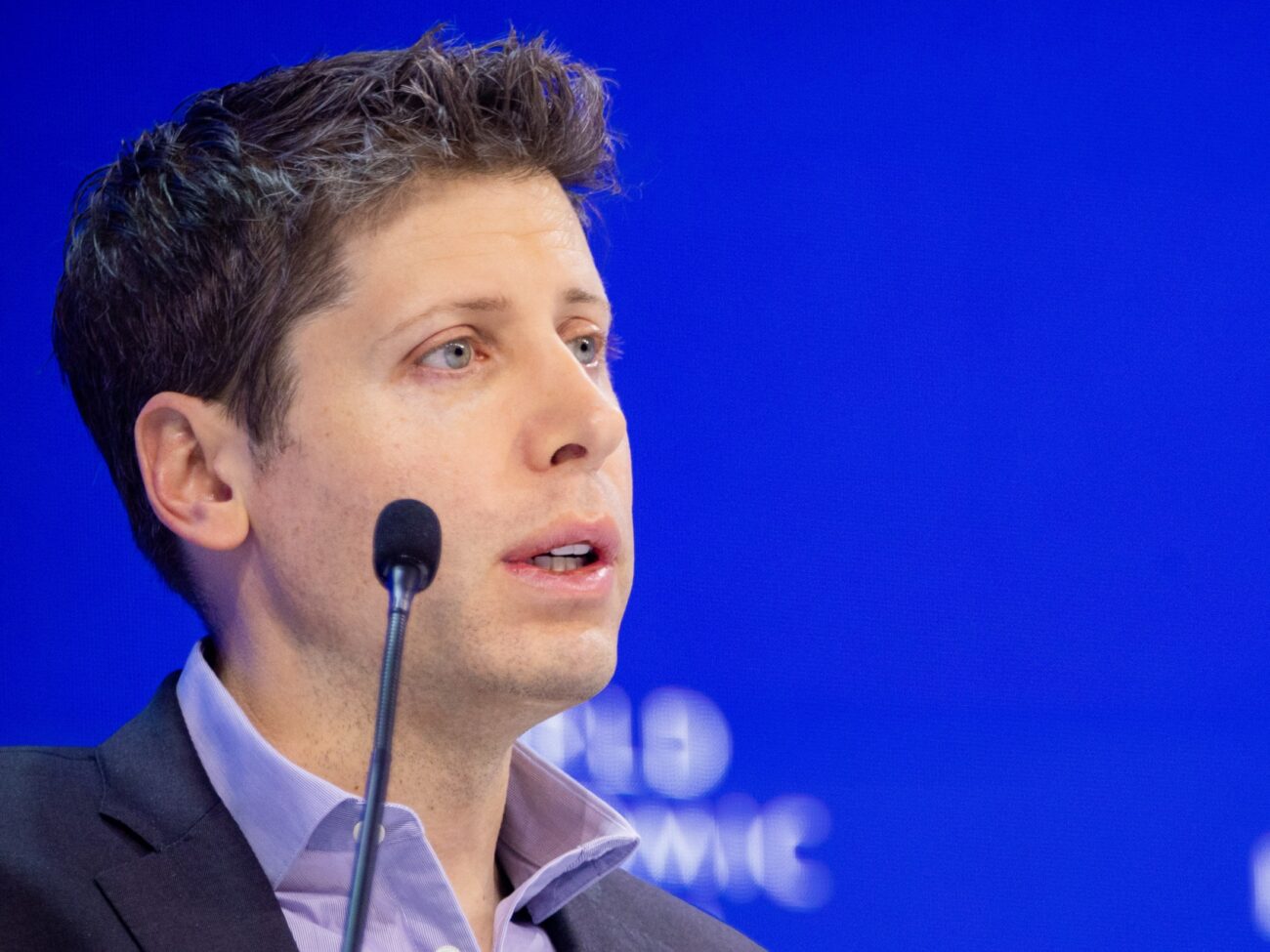Sam Altman on AI’s Future: Opportunity or Threat?
In the ever-evolving landscape of AI and job losses, Sam Altman—the chief of OpenAI—threw down the gauntlet at a recent Federal Reserve conference. With national security and the structure of our workforce at stake, he painted a picture where AI not only changes how we work but eradicates certain jobs entirely. Let’s break it down.
The Job Landscape: Transform or Disappear?
Let’s face it: the future job market isn’t looking like the one we all grew up with. Altman’s direct warning about roles disappearing, particularly in customer support, isn’t just a techie’s scare tactic—it’s a reality many are grappling with right now. Imagine calling a support line and speaking to an AI that instantly resolves your query without those annoying hold times or transfers. Pretty amazing, right? Altman believes this will be our everyday life soon.
But is this all good? There’s a duality here: while some jobs are vanishing, others are evolving. It’s essential to realize that automation can bring about efficiency but can also leave many without the work they once had. It’s not just about the technology; it’s about how we adapt to it.
The Human Element: Need for Caution
However, it’s not all doom and gloom woven into Altman’s grand narrative. Manoj Chaudhary, CTO of Jitterbit, offers a counterpoint worth our time. He emphasizes that it’s not AI itself that’s the enemy; it’s the way we deploy it. If companies rush into adopting AI without strategic planning, the outcome could be disastrous.
Consider it like cooking: if you throw ingredients together without a recipe, you might end up with a mess instead of a masterpiece. The danger isn’t just inefficiency; it’s the risk of losing key human insights that actually drive value. In places where nuance is everything, AI might stumble and fall flat.
The Healthcare Shift: A Double-Edged Sword
Altman’s ambitions don’t stop at customer service. He claims AI is also poised to revolutionize healthcare. He boldly stated, “ChatGPT today, by the way, most of the time, is like a better diagnostician than most doctors in the world.” Sounds groundbreaking, doesn’t it? Yet, here’s the kicker—despite AI’s prowess in diagnosis, Altman admitted that he wouldn’t trust an AI alone with his health.
This insight illustrates the heart of the matter: while AI can support and enhance human capabilities, the human touch will always matter, especially when it comes to our health and well-being.
Political Stakes: A Tightrope Walk
In the political realm, the dialogue surrounding AI has shifted drastically. Under the previous administration, the focus was more on caution, while now there’s an overwhelming push for rapid progress to keep pace with global competitors like China. This environment adds layers to Altman’s warnings.
He openly expressed fears about hostile nations potentially using AI technologies as weapons against the U.S., which, quite frankly, is unsettling. It highlights a crucial point: while AI can empower and connect us, it can also serve as a tool for destruction if misused.
Conclusion: Navigating the Future Safely
In this landscape filled with hope and trepidation, Altman’s messages are a study in contrast. He embraces a future of incredible progress while simultaneously cautioning us about the risks, like job losses and national security threats.
So what’s your take? Do you think we’re ready to embrace the AI revolution, or do we need to tread more cautiously? For a deeper dive into how AI will reshape our world, check out this interesting piece on AI trends.
Want more insights like this? Let’s keep the conversation going!
